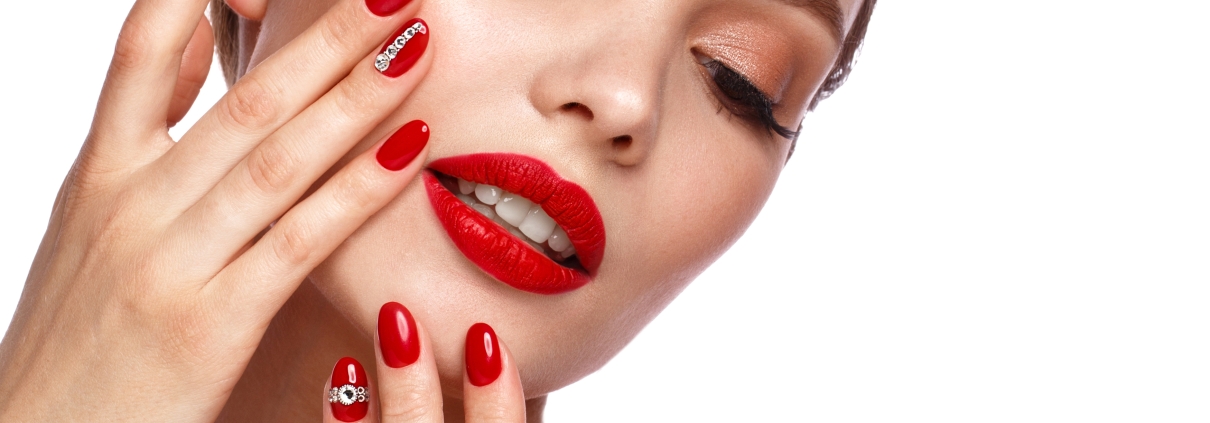The Psychological Impact of Healthy Nails
In our quest for self-care and well-being, we often focus on practices like meditation, exercise, and therapy to nurture our mental health. However, one aspect of personal grooming that is sometimes overlooked in its psychological significance is nail care. Surprisingly, the condition of our nails can have a profound impact on our psychological state, influencing our self-esteem, confidence, and overall mood. Let’s explore the intricate relationship between healthy nails and mental well-being.
Nails as a Reflection of Self-Care:
Maintaining healthy nails is not just about aesthetics; it’s a form of self-care that communicates to ourselves and others that we value our well-being. When we take the time to groom our nails, moisturize our cuticles, and keep them clean and tidy, we are sending a message to our subconscious that we deserve care and attention. This act of self-nurturing can promote feelings of self-worth and empowerment, contributing to a positive psychological outlook.
Boosting Self-Confidence:
Have you ever noticed how a fresh manicure or a neatly trimmed set of nails can make you feel more confident? Healthy nails can enhance our self-image and boost our confidence levels. When our nails look and feel good, we are more likely to feel comfortable and assured in social and professional settings. This increase in self-confidence can have a ripple effect, leading to improved interactions with others and a greater sense of assertiveness in various aspects of life.
Sense of Control and Mastery:
Engaging in regular nail care rituals provides a sense of control over our appearance and personal grooming habits. In a world where many factors may feel beyond our control, such as work deadlines or external stressors, tending to our nails offers a tangible way to exert agency over a small aspect of our lives. This sense of mastery can be psychologically empowering, fostering feelings of competence and resilience in the face of challenges.
Connection to Self-Expression:
For many people, nails serve as a form of self-expression, much like clothing or hairstyles. The colors, designs, and styles we choose for our nails can reflect our personality, mood, and creativity. By expressing ourselves through our nails, we establish a deeper connection to our identity and cultivate a sense of authenticity. This alignment between inner self and outward expression can contribute to a greater sense of psychological well-being and self-acceptance.
Relaxation and Stress Relief:
Engaging in nail care routines can also serve as a form of relaxation and stress relief. The repetitive motions of filing, buffing, and painting nails can have a soothing effect on the mind, similar to activities like knitting or coloring. Additionally, taking the time to focus on self-care rituals provides an opportunity to slow down, breathe deeply, and practice mindfulness, which can help alleviate feelings of stress and anxiety.
In conclusion, the condition of our nails is far more than just a superficial concern; it is deeply intertwined with our psychological well-being. Healthy nails contribute to feelings of self-care, confidence, control, and self-expression, while also serving as a source of relaxation and stress relief. By recognizing the psychological impact of nail care and prioritizing it as a form of self-nurturing, we can harness its positive effects to enhance our overall mental health and happiness. So, the next time you indulge in a manicure or simply take a moment to tend to your nails, remember that you’re not just pampering your hands—you’re nurturing your mind and spirit as well.





